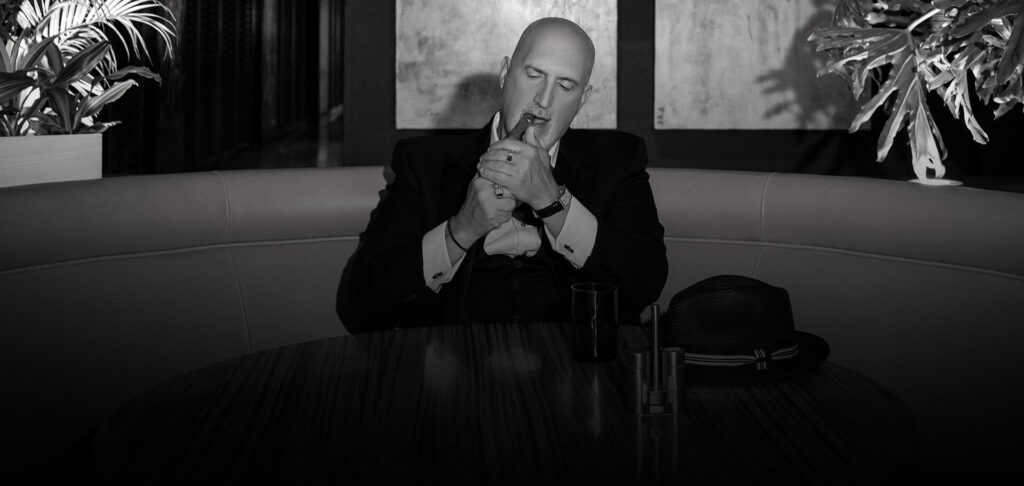Living Mythically … Taking Control Of Your Story
From the beginning of my professional practice I referred to what I do with clients as “a piece of work” and suggest to my clients do their work. There’s a bit of danger phrasing thing in this way, in that “work” is often heard and thought of as negative, something that’s hard or difficult, or as something in opposition to fun and play, something that’s not enjoyable. And, yet I think that to be a very small minded and limited point of view, that only applied to work you should never be doing in the first place.
My “work” is aiming my clients to live and perform in their lives mythically. By living mythically I mean taking control of their autobiographical narrative, or writing the scripts they live by, their own life story. There’s nothing I find more playful, enjoyable and worthwhile than doing this work, yet it can be challenging and sometimes downright daunting, and even then it remains completely playful, engaging and fun for me to do.
Establishing A New Profession …
Another way I speak of what I do professionally in my practice with clients is that I am a “Clinical Mythologist.” I guide my clients mythologically to discover the stories they have been living from, the story they are living, and the story they are living into. Once we uncover these stories we take it further to begin to take control of the narrative these stories create collectively … the continuity of past, present and future as a singular way of understanding who you are fundamentally. This is an “ontological/ aesthetic” way of knowing yourself … as a being experience life sensually, contained in the iconic, symbolic representations you form about yourself and your life. One way we do this is in the form of language, the language we use with and about ourselves, and the language we use to describe reality as we know it, including others and our relationships with them.
A “piece of work” then refers to uncovering an aspect of revealing the autobiographical narrative someone is living from, and the affect of that narrative in their life as a mythic form. Of course this also means we’re revealing them to themselves. The revelations we uncover are both ill-formed and well-formed.
Ill-Formed Or Well-Formed Personal Mythology?
Ill-formed myths are fundamentally distortions of reality, not real in some way. Ill-formed myths disconnect you from your life, especially in regard to your purpose, passion and power, and away from living playfully. The ill-formedness creates cognitive dissonance, meaning that when you are operating from ill-formedness what you experience doesn’t make sense, the pieces don’t fit and you cannot form a coherent narrative, or mythic form through time.
Ill-formedness in your personal mythology … the autobiographical narrative your living from that describes reality as you know it and the way you relate to it … leads to what I call mythological distress and ultimately mythological crisis … the story your living doesn’t fit you.
Eventually, an ill-formed personal mythology will lead to ill-formed behaviors, that cannot and will not create the outcomes you desired, or produce the life you intend to be living, the relationships you want to be having, the accomplishments you want to be realizing.
Well-formed myths on the other hand are those that match you intrinsically, the arise from deep within you, before any traumas or comprises of yourself were experienced or occurred. A well-formed personal mythology contains and describes reality as you know it to be as free of distortions as you are capable of achieving. This view of reality leads to coherence that led to a a natural sense of awe and wonder, and a way of being in the world that is playful, childlike but not childish.
Wellformedness in your personal mythology opens you to the possibility of living a life of joy and splendor, experiencing yourself and others in enchanted and enchanting ways … you begin to experience the epiphany or what it means to be fully human and fully alive … life becomes meaningful play, filled with purpose, passion and power without struggle, effort or compromise.
Taking Control Of Your Story, And Your Life
What I’ve found in working with thousands of clients individually, in groups and within organizations and institutions has been that doing the work of living mythologically requires simultaneously becoming aware of your autobiographical narrative and taking control of it. The way this happens begins with choosing to be the author of the scripts you are living from, and rejecting the scripts that others have imposed upon you … often without any conscious awareness that that has happened, or that the script you are running is not your own.
The “writing” of your story, and the scripts you run, rests on the ways in which you perceive and make sense of the experiences you have, the meaning you apply to those experiences, and the decisions you make that lead to the action you take … and, this of course leads to the outcomes your create, as well as those you don’t.
As one of the huge benefits of “doing your work” of uncovering, revealing and taking control of your personal mythology you’ll free yourself from the ways you found yourself stuck in the past … procrastinating, hesitating to act, acting poorly, running in circles and finding yourself trying everything and anything you can think of to move forward, and yet still finding your stuck either not moving or moving and winding up where you began.
I’ve worked often and intensely with clients helping them to get unstuck in many ways and places in their lives, including extremely often in the ways they relate to others in their personal and professional relationships. When you reset your personal mythology it frees you from conflict, resentment, envy, shame, guilt and all the other things that so many people struggle with … without ever needing to wade through the suffering of revisiting those emotional sinkholes.
I find another thing that comes up almost as often can be the way that you relate to your sense of discovering real purpose and meaning in your life and career. Knowing you personal mythology makes how what you do professionally evident to you, the meaning it has in your life, and in relation to others too. Passion come from knowing why you are doing what you do, regardless whether we’re talking about actions you take personally for yourself and with others, or professionally. One of the most powerful things this does for you will be a natural reset of your relationship with money … earning it, accumulating it, spending it and sharing it as well.
It’s also extremely interesting to observe how my clients experience a positive change in their health, physically, mentally, emotionally and even spiritually, when the take back control of their autobiographical narrative. When you choose to be the author of the stories of your life … what they are, what they mean, and how they organize you to experience your life as it unfolds and you move forward through it … everything becomes clear to you and you have choices about it all, including how those experiences affect your health and wellbeing.
You cannot not live in relation to your life’s story, the autobiographical narrative that shapes and forms you, your experiences, your relationships and the life you are living. Either you choose to take control of your personal mythology, the story you are living, or you are controlled by it.
What’s Next …
As I shared with you at the beginning I love “doing my work” … shaping the story I’m living and sharing my client’s stories, because by keeping my attention here I can help you “do your work” too, and become the author of your life. Let’s get together sometime and tell some stories, eh?
Joseph Riggio, Ph.D.
Architect & Designer of the MythoSelf Process and SomaSemantics
Sarasota, Florida




